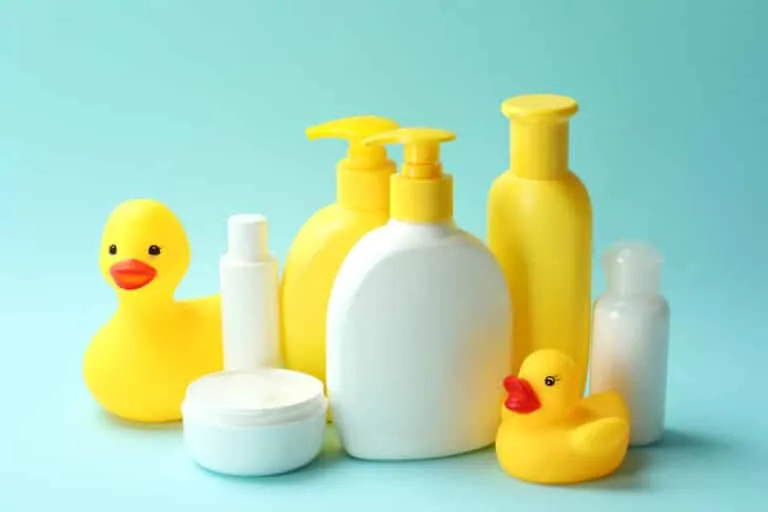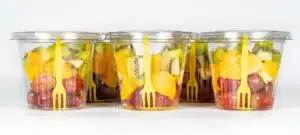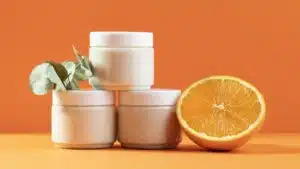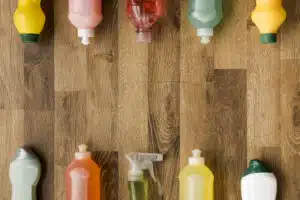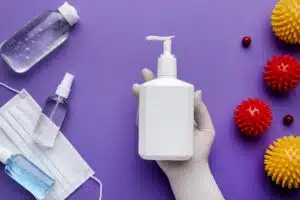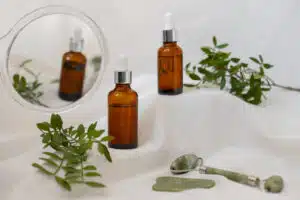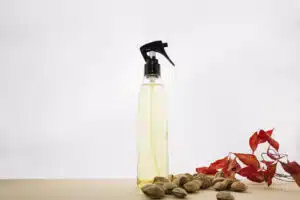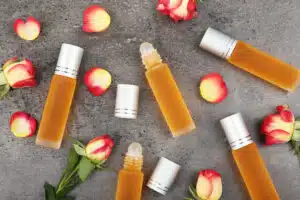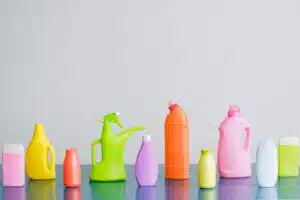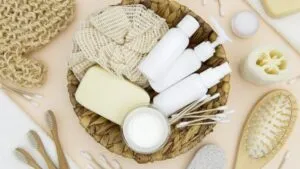Pump bottles have become increasingly popular in recent years, with their versatility and ease of use making them a preferred choice for a wide range of applications. From personal care products to household cleaning solutions, pump bottles offer a convenient and practical way to dispense liquids.
In this guide, we will explore the various applications and uses of pump bottles, and provide insights into why they have become such a popular packaging solution. Whether you are a manufacturer, retailer, or consumer, this guide will provide you with a comprehensive understanding of the benefits and limitations of pump bottles, and how to choose the right one for your needs.
What Are Pump Bottles?
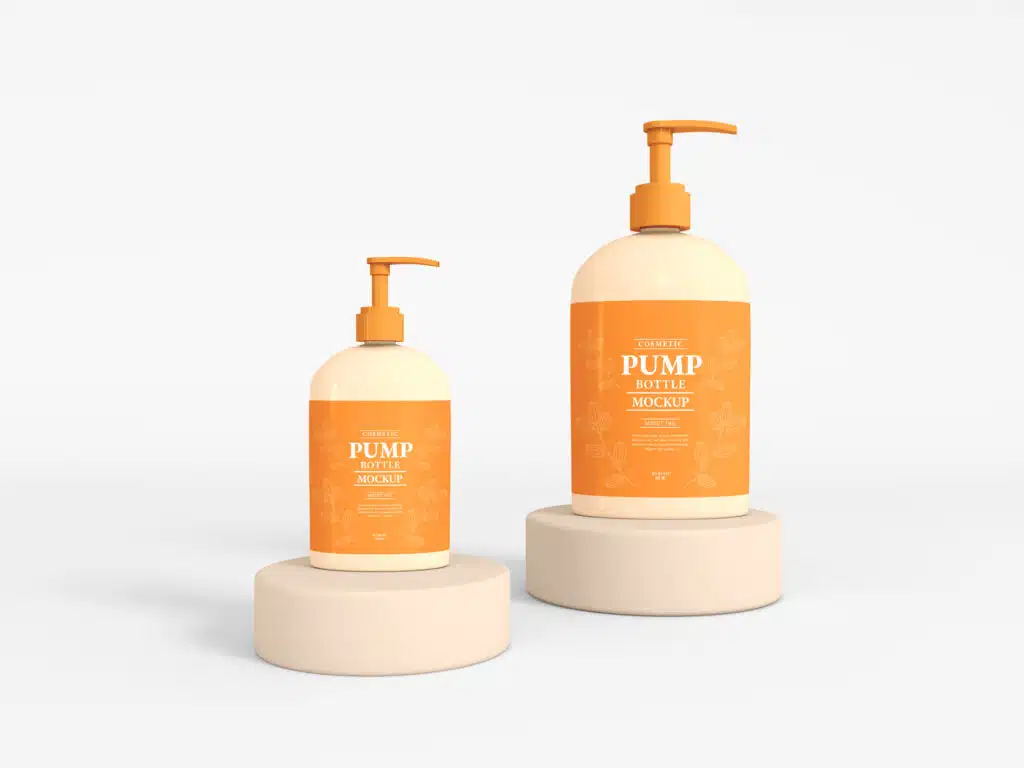
Pump bottles are a type of container used for storing and dispensing liquids. They consist of a bottle, a pump mechanism, and a nozzle or spout. The pump mechanism allows the user to control the amount of liquid dispensed, providing a more precise and clean way to handle liquids compared to traditional pour or squeeze bottles. The nozzle or spout helps to prevent spills and leaks, and also helps to regulate the flow of the liquid.
They can be made from a variety of materials, including plastic, glass, and stainless steel. The type of material used will depend on the intended use and the properties of the liquid being stored. For example, some liquids may require a certain type of material to prevent chemical reactions or to maintain their stability over time.
Pump bottles are widely used for a variety of products, including personal care items such as lotions, shampoos, and conditioners, as well as household cleaning products such as dish soap and hand sanitisers. They are also commonly used in the cosmetic, pharmaceutical, and food industries, as well as in laboratories and other scientific settings. Overall, pump bottles offer a convenient, hygienic, and eco-friendly way to dispense liquids, making them a popular choice for a wide range of applications.
Pump Bottles in:
1. Cosmetic Industry
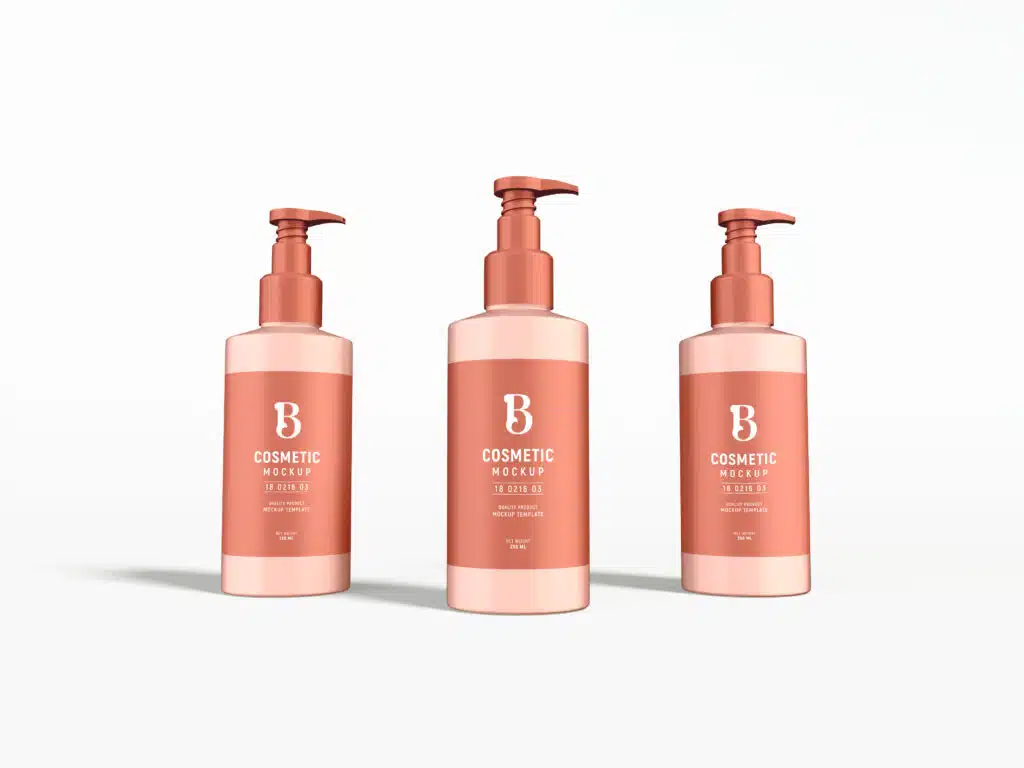
The cosmetic industry is one of the largest users of pump bottles. They are an ideal packaging solution for a variety of cosmetic products, such as lotions, creams, shampoos, conditioners, and many others. The pump mechanism allows for easy and precise dispensing of the product, which helps to control the amount used and minimize waste. Additionally, the nozzle or spout helps to prevent spills and leaks, making it easier to store and transport the product.
Pump bottles also provide a hygienic way to dispense cosmetics, as the user does not have to directly touch the product. This helps to maintain the quality and freshness of the product and reduces the risk of contamination.
In addition to their functional benefits, pump bottles also offer aesthetic advantages. They are available in a variety of colours, shapes, and sizes, and can be printed with logos, labels, or other branding elements. This allows cosmetic companies to create a distinctive and appealing packaging design, which can help to make their products stand out on the shelves.
2. Pharmaceutical Industry
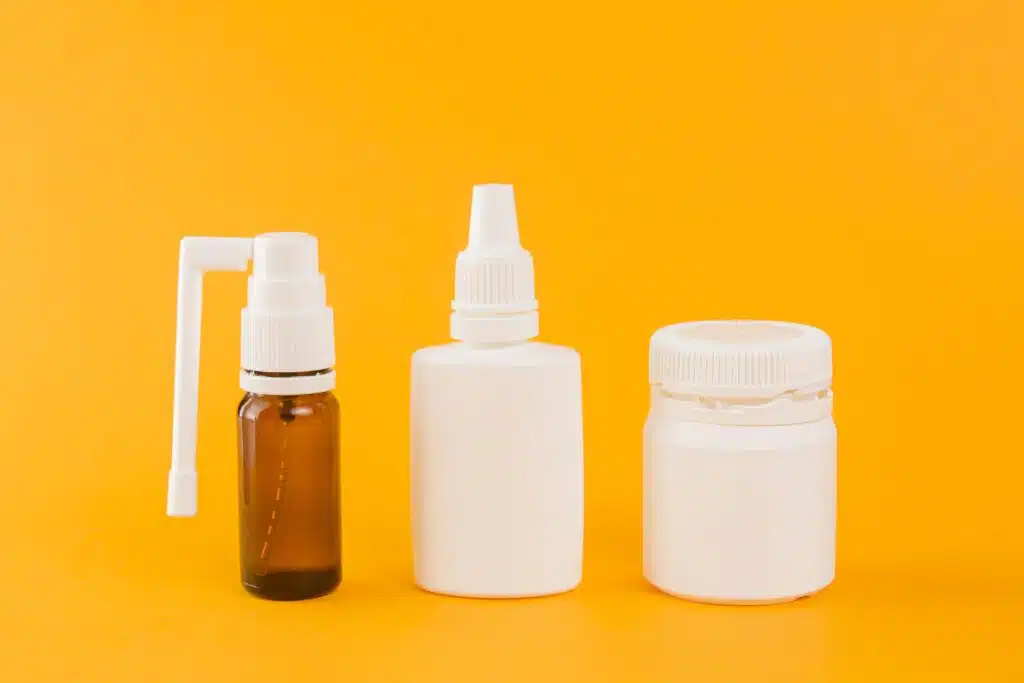
The pharmaceutical industry is another large user of pump bottles. These bottles are often used for dispensing medications, such as liquid cough syrups, antacids, and other liquid drugs. They offer several benefits over traditional squeeze or pour bottles, including precise dosing and improved hygiene.
The pump mechanism allows for easy and precise dispensing of the medication, which is especially important in the pharmaceutical industry where accurate dosing is critical. This helps to minimize the risk of overdose or underdose and ensures that the patient receives the correct amount of medication each time.
In addition, pump bottles provide a hygienic way to dispense medications. Unlike traditional squeeze bottles, which require the user to touch the product, pump bottles allow for hands-free dispensing. This reduces the risk of contamination and helps to maintain the quality and freshness of the medication.
Pump bottles are also often preferred in the pharmaceutical industry due to their durability and reliability. They are made from materials that are resistant to breakage and corrosion. And are designed to withstand the pressure and stress of repeated pumping.
3. Agro-Industry
Pump bottles are also commonly used in the agro industry for the dispensing of pesticides, herbicides, fertilizers, and other agrochemicals. These liquids are often used in large quantities in the field. And pump bottles offer a convenient and efficient way to dispense them.
The pump mechanism allows for precise and controlled dispensing of the liquid. Which helps to minimize waste and reduce the risk of overuse. The nozzle or spout helps to prevent spills and leaks. This can be especially important in outdoor applications.
In addition, pump bottles are often preferred in the agro-industry due to their durability and resistance to harsh chemicals. They are made from materials that are able to withstand exposure to harsh chemicals, high temperatures, and other environmental conditions. This helps to ensure that the product remains effective and safe for use.
4. Food And Beverage Industry
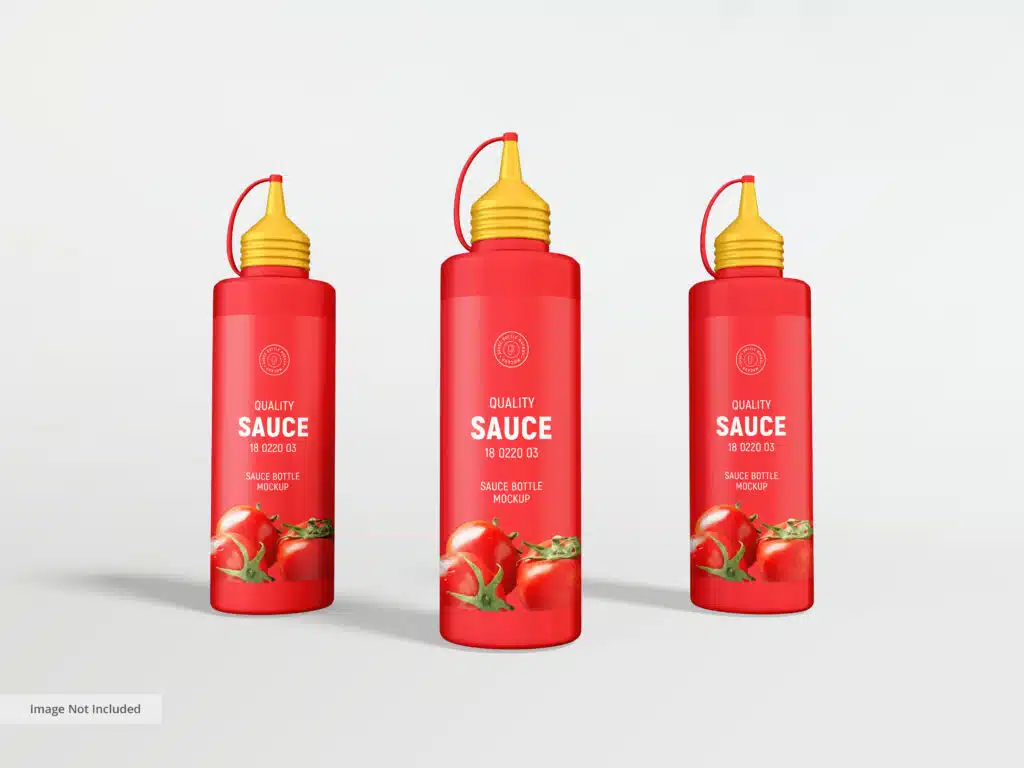
Pump bottles are also widely used in the food and beverage industry for dispensing liquids. Such as sauces, syrups, and oils. They offer several benefits over traditional squeeze or pour bottles, including precise dispensing and improved hygiene.
The pump mechanism allows for easy and precise dispensing of the product. Which helps to control the amount used and minimize waste. This is especially important in the food and beverage industry, where portion control and consistency are critical. Additionally, the nozzle or spout helps to prevent spills and leaks, making it easier to store and transport the product.
They also provide a hygienic way to dispense food and beverage products. Unlike traditional squeeze bottles, which require the user to touch the product, pump bottles allow for hands-free dispensing. This reduces the risk of contamination and helps to maintain the quality and freshness of the product.
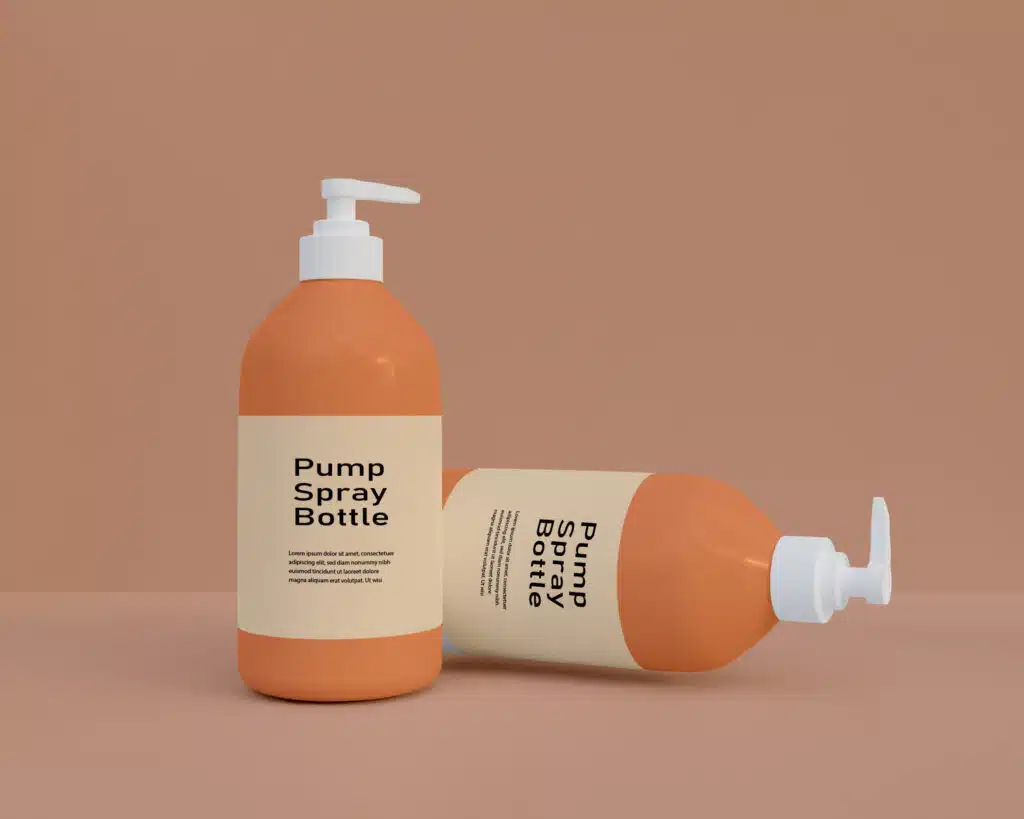
In conclusion, pump bottles are versatile and widely used in various industries, including cosmetics, pharmaceuticals, agro, and food and beverage. They offer several benefits over traditional squeeze or pour bottles, including precise dosing, improved hygiene, and durability.
Whether you are in the market for a pump bottle for your cosmetic product, medication, agrochemical, or food and beverage item, it is important to choose a bottle that is well-suited to your specific needs. Factors such as material quality, dispensing accuracy, and overall design should be carefully considered when making your selection.
To learn more about packaging materials, read JarsBottles blog!

